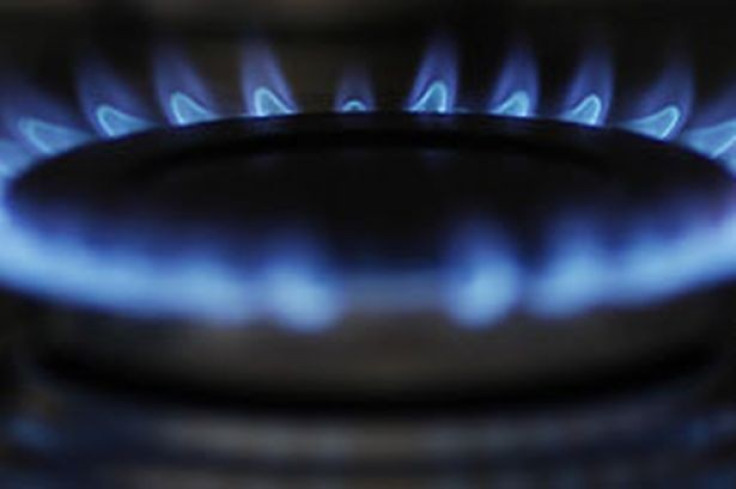UK Big Freeze: Will Gas Be Rationed?

The current unseasonal cold weather has raised concerns about the availability of gas supplies in the UK and even fears of gas rationing as a result of dwindling reserves.
Although these fears are not justified in the presence of a well-functioning international gas market, the current problems will signal a significant increase in price levels.
Many industry experts claim that the UK is, in some sense, short of storage facilities for natural gas.
"The UK has much lower levels of gas storage capacity than other European gas consuming countries. The Chemical Industries Association told us that whereas the UK has 13 days of storage, Germany has 99 days and France has 122 days," said the House of Commons Business and Enterprise Committee in 2008.
The UK has far less storage than other European countries, as measured by various International Energy Agency indices of supply adequacy.
More recent warnings have been raised by the energy regulator in Project Discovery, which warned that the extent of both gas and electricity supplies, partly as a result of falling gas production in the North Sea, are expected to decrease to 25 percent of winter demand by 2015.
However it is possible to look at past events of supply tightening to try and assess what the likely outcome of the current pressure on gas reserves is likely to be.
In February 2006 we saw a tightening of the gas supply in the UK because of a fire at the Rough gas storage facility, the largest such facility in the UK, which provides about 80 percent of the total storage space in the country and 60 percent of daily deliverability.
In a similar way to the current weather conditions, the cold weather in 2006 carried on into March.
Research carried out at Warwick University showed that, six years ago, the effect of the supply shortage was a significant increase in price levels and also in price volatility. However on that occasion there was no rationing of gas supplies.
In the current situation the cold weather is simultaneously affecting several European countries and has led to higher demand for gas, which is likely to cause an increase in the price of imported gas which will eventually be reflected in higher gas prices for final consumers, as recently predicted by Ofgem's CEO Alistair Buchanan.
When faced with the prospect of increasing prices, it is tempting to argue that more investment should be made in storage facilities in order to increase the level of reserves.
This is equivalent to stating that the country needs some form of insurance against future supply risks.
If the chosen form of insurance is the development of storage facilities it will be necessary to balance the potential security these facilities can provide against future price rises, with the investment costs necessary to build the facilities and the running costs incurred to operate them.
These costs would inevitably end up being reflected in higher prices for final consumers over a period of several years.
Therefore it is important to keep in mind that the wholesale price rises we are currently enduring can be ascribed to unusual weather conditions both here and in continental Europe, and these conditions are not likely to be observed on a regular basis in future years.
Under normal weather conditions and in the absence of unexpected supply disruptions, imported gas will not be as expensive as it is today. Another factor that needs to be considered when trying to assess the need for increased levels of gas reserves is that the current pressures on the UK gas supplies could be mitigated in the near future by another emerging trend in the global market: the liberalisation of gas export from the US. Centrica today has announced a new contract for the import of 4.2m tonnes/year of LNG gas from the US.
The emergence of new gas suppliers will create competitive pressures on the European suppliers, from countries such as Russia and Norway, and make gas supply more affordable even at times when UK consumers unexpectedly need to turn on their gas fires during the spring.
Dr Monica Giulietti is associate professor of global energy at Warwick Business School's Global Energy Group
© Copyright IBTimes 2024. All rights reserved.





